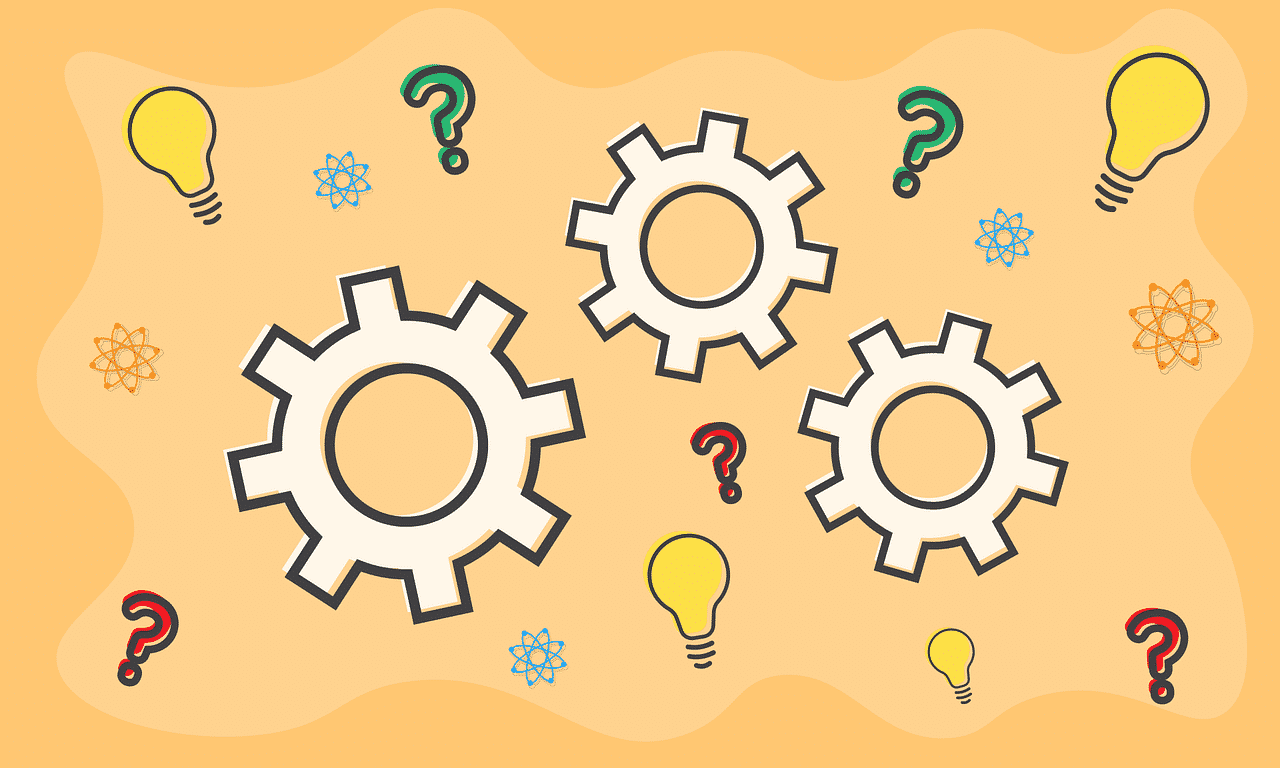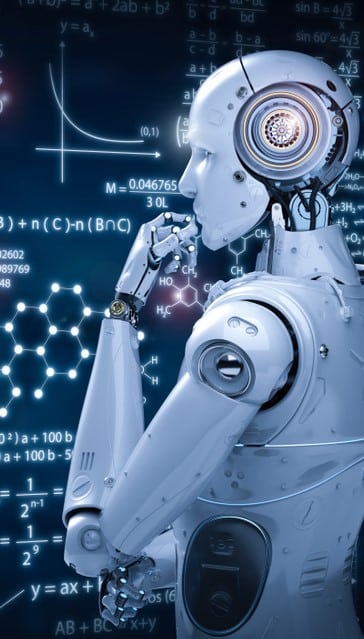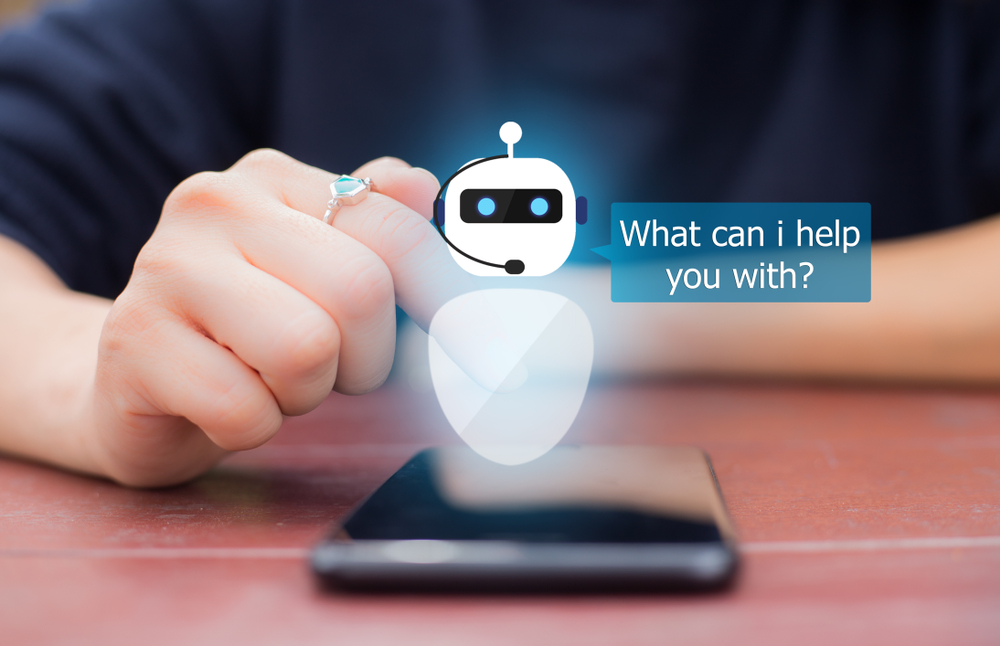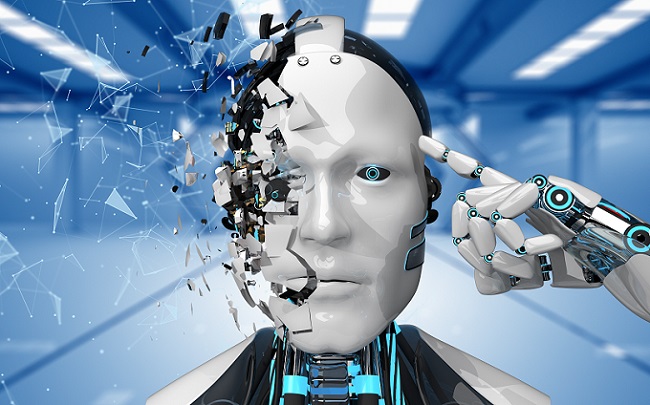There are multiple ways to master the concepts of Artificial Intelligence, but for some people, books remain one of the most reliable sources.
This article provides a handpicked list of the most important AI books ever published. Whether you are a student seeking basic understanding, a developer seeking practical guidance, or an inquisitive thinker exploring the ethical implications of artificial intelligence, this list has something to offer everyone.
Foundational AI Books for Beginners:
1. Artificial Intelligence: A Modern Approach
By ~ Stuart Russell and Peter Norvig

The ‘Bible’ of AI, this book provides a comprehensive introduction of basic topics such as robotics, machine learning, knowledge representation, and search methods. Anyone new to artificial intelligence should have it since it provides a well-rounded perspective by fusing theory with practical applications. The most current issue, the fourth, updates readers on the newest technological advancements.
It is an extensive guide that strikes a balance between theory and practical applications, giving readers a solid understanding of the foundations of artificial intelligence. Beginners, students, and anybody else seeking a solid foundation in AI are the target audience.
Get this book: Artificial Intelligence: A Modern Approach
2. Machine Learning Yearning
By ~ Andrew Ng
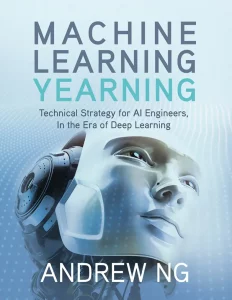
This provocative book explores artificial intelligence’s potential future, examining its advantages and disadvantages. The author explains the potential intelligence of machines and discusses the benefits of artificial intelligence over manual strategies. The book poses important queries regarding guaranteeing that cutting-edge AI is consistent with human ideals and priorities.
It’s a captivating read for anyone interested in the broader ramifications of artificial intelligence and the difficulties of managing highly intelligent computers. The audience comprises beginners and general readers curious about artificial intelligence’s conceptual underpinnings.
Get this book: Machine Learning Yearning
Suggested: Free Machine Learning Courses
3. Superintelligence: Paths, Dangers, Strategies
By ~ Nick Bostrom

This provocative book explores artificial intelligence’s potential future, examining its advantages and disadvantages. Bostrom explores the idea of superintelligence—AI that is more intelligent than humans—and discusses possible outcomes. The book poses important queries regarding guaranteeing that cutting-edge AI is consistent with human ideals and priorities.
It’s a captivating read for anyone interested in the wider ramifications of artificial intelligence and the difficulties of managing highly intelligent computers. The audience comprises beginners and general readers who are curious about the conceptual underpinnings of artificial intelligence.
Get this book: Superintelligence: Paths, Dangers, Strategies
Advanced AI Books for professionals
4. Deep Learning
By ~ Ian Goodfellow, Yoshua Bengio, and Aaron Courville
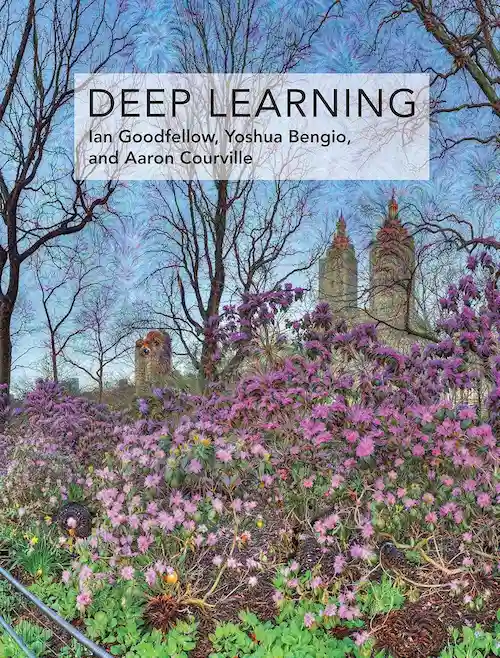
This book on deep learning thoroughly covers neural networks, optimization methods, and real-world applications. The book is very instrumental for both experts and learners who are enthusiastic about learning AI. It contains all mathematical derivations and helpful artificial intelligence and machine learning guidance.
It offers a thorough grasp of deep learning methods, covering everything from fundamental ideas to sophisticated uses like sequence models and convolutional networks. The target audience comprises researchers, developers, and advanced students who want to learn more about deep learning.
Get it from Amazon: Deep Learning Book.
For a better understanding of deep learning with practical experiments, you can also enrol in our Free Deep Learning Course.
5. The Master Algorithm
By ~ Pedro Domingos
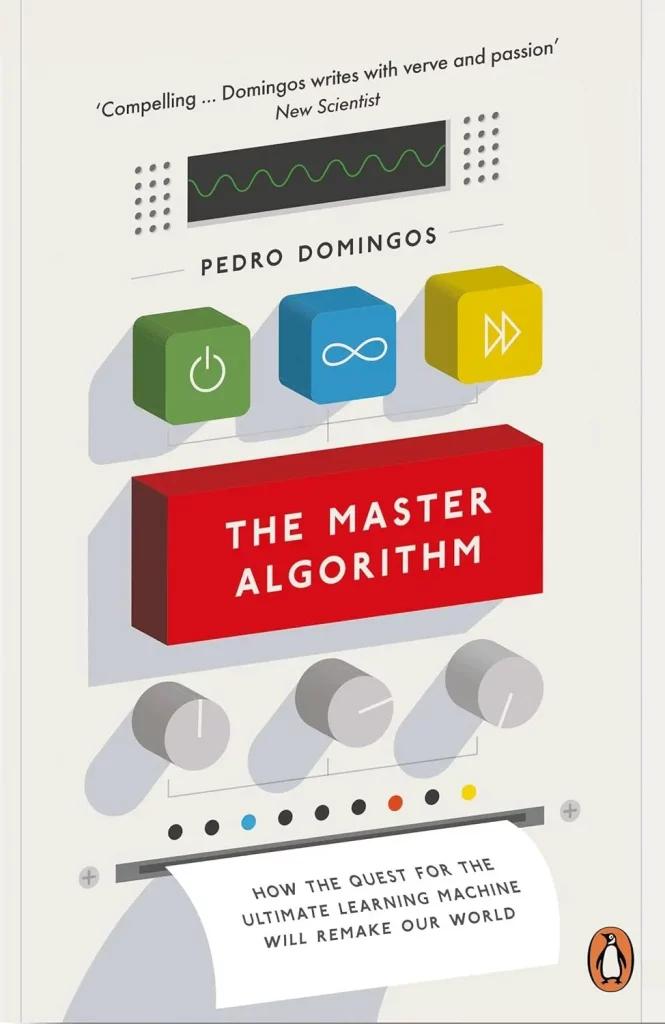
The five schools of machine learning that Domingos examines—symbolists, connectionists, revolutionaries, Bayesians, and analogies—and their distinct methods for resolving AI issues are the subject of an intriguing story in the book. The effort to develop a “master algorithm” that unifies various schools into a single framework that can solve any problem is the subject of the book.
It provides a broad viewpoint on machine learning techniques and their practical uses. Researchers and professionals who want to learn more about machine learning techniques and the range of perspectives in the area.
You can buy this book from Amazon: The Master Algorithm
6. Reinforcement Learning: An Introduction
By ~ Richard S. Sutton and Andrew G. Barto
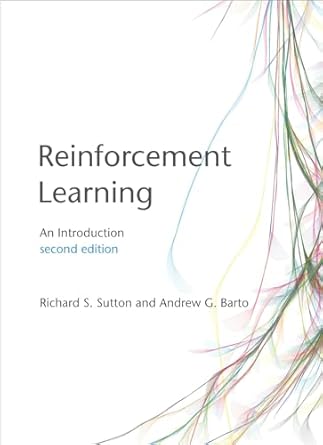
This book thoroughly introduces reinforcement learning, a vital branch of artificial intelligence that supports developments in decision-making systems, robotics, and gaming. It is a must-read for professionals specializing in this field because it contains fundamental ideas, mathematical formulas, and real-world case studies.
Reinforcement learning is thoroughly examined, focusing on theory and practice. Professionals, researchers, and advanced learners interested in the potential of AI.
Get this book: Reinforcement Learning: An Introduction
Insightful AI Books on Society and Ethics
7. Life 3.0: Being Human in the Age of Artificial Intelligence
By ~ Max Tegmark
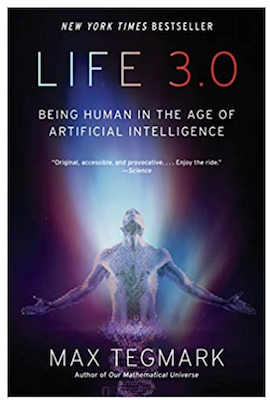
Tegmark investigates how AI affects society and how it can influence humankind’s future. He fuses technical talks with philosophical ideas to explore issues such as the development of conscious AI, its governance, and potential coexistence with humans. The book asks readers to think about the AI future we wish to create.
It’s a compelling examination of how AI will influence our future that combines technical knowledge with broad inquiries. The book is a perfect solution for those curious about how ethics, technology, and society interact.
Get the book: Life 3.0: Being Human in the Age of Artificial Intelligence
8. Weapons of Math Destruction
~Cathy O’Neil
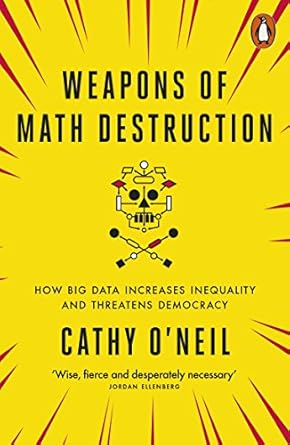
This book provides real-world applications of AI where the inequality of big data and arithmetic bias is highlighted. The author describes how some algorithms make the working of machines destructible with inappropriate use. ‘Weapons of Math Destruction’, the title of the book itself, describes the content of the book, which can be understood after reading the book.
It raises important issues regarding responsibility, equity, and morality in AI. It is for professionals and general readers interested in the ethics of AI and its societal ramifications.
Amazon Purchasing Link: Weapons of Math Destruction
Practical AI Books for Hands-On Learning
9. Hands-On Machine Learning with Scikit-Learn, Keras, and TensorFlow
By ~ Aurélien Géron
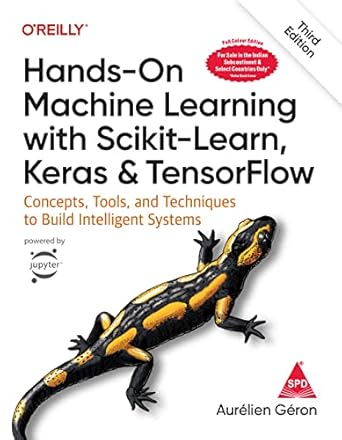
This book provides proper guidance on building AI models using popular frameworks like Scikit-Learn, TensorFlow, and Keras. It covers everything such as simple algorithms and complex neural networks. It reinforces learning with practical exercises and real-world applications.
As stated by the name, it deals with practical knowledge and hands-on experience. Students and professionals looking for practical experiments can rely on this book.
Get this book: Hands-On Machine Learning
10. Python Machine Learning
By ~ Sebastian Raschka and Vahid Mirjalili
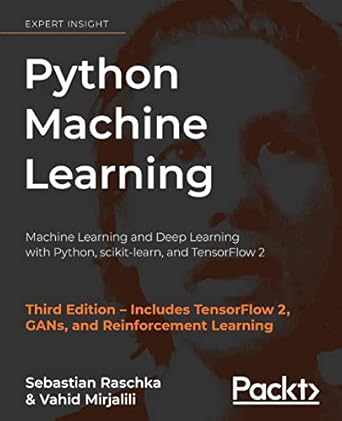
This book emphasizes Python programming for machine learning and provides insights into advanced applications, neural networks, and data analysis. It offers thorough code examples, real-world case studies, and explanations of complex ideas like unsupervised learning and deep learning.
It helps readers develop practical skills by fusing case studies and programming courses with real-world applications. Developers and programmers interested in artificial intelligence and its uses prefer this book.
Get this book from Amazon: Python Machine Learning.
Suggested: Free Python for Machine Learning Course
Tips for choosing the right AI Book
Your objectives and experience will determine which AI book is best for you. Here are some pointers:
- Find Your Purpose: Choose if you want practical skills, foundational information, or insights into social implications.
- Think About Your Expertise Level: Regardless of your experience level, pick books that correspond to your existing knowledge.
- Integrate Theory and Practice: For experiential learners, mix foundational texts with valuable manuals.
- Keep Up to Date: Seek books that cover current AI trends and advancements.
Why is reading about AI beneficial?
Being informed is now essential due to the quick developments in AI technology. Reading about AI is necessary as it not only updates you with current scenarios but also with the background and development of this field. Some major reasons are:
- Comprehending Complex Concepts: Artificial Intelligence is a broad and multidisciplinary field. It includes computer science, mathematics and cognitive skills. These all combine to form one broad field of study. Books help readers understand these intricacies by offering thorough explanations.
- Career Development: Artificial intelligence can help professionals in technology or marketing reach new heights. It also offers various domains like robotics, data science, and machine learning.
- Staying Updated: Understanding the fundamentals of AI can help people stay current with new advancements and applications as the field continues to develop.
- Ethical Consciousness: AI has profound social implications, including issues with justice, bias, and employment displacement. Books that address these subjects can assist readers in developing well-informed perspectives.
Conclusion
Exploring the field of artificial intelligence is exciting and life-changing. Books provide a starting point for comprehending the potential and intricacies of this constantly changing field. These books cover a broad spectrum of interests and skill levels, from classics like Artificial Intelligence: A Modern Approach to provocative works like Life 3.0.
This list includes something for everyone, regardless of whether you’re a novice learning about AI for the first time, an expert improving your craft, or an interested reader considering how AI may affect society. Explore these books to learn new things, broaden your horizons, and maintain your edge in the AI era.
These books provide a solid foundation in AI, and for a hands-on approach, don’t miss out on these Artificial Intelligence Courses.




